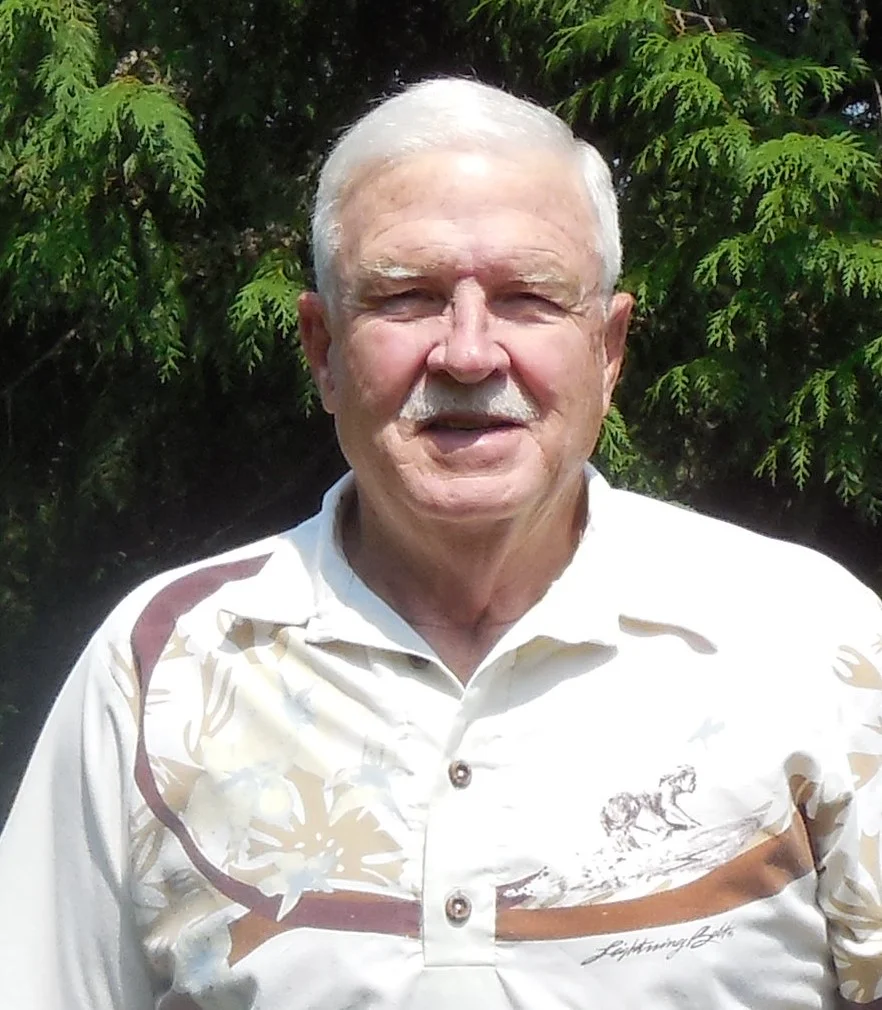Alan Chapman

Alan has lived in the Laurel area since the late 1980s with his wife Catherine. They have raised two sons on a 6-acre property with a pond and water course draining roads and pastures in the area. We have raised livestock in the past but not recently.
He has been involved in salmon, tuna, trawl and reef fish biology, ecology and fisheries management and development in Canada, Vietnam, and the Pacific Islands prior to returning to the Pacific Northwest in 1985. For the last 30+ years, he was employed in various positions by the Lummi Nation in the Natural Resources Department dealing with fisheries harvest management for maximum sustainable harvest of fish and shellfish and issues related to productivity, environmental and fisheries impacts and harvest sharing according to international, federal and Indian treaty laws. For the last 10 years his efforts have been focused on accommodating the human population growth without destroying the valued environmental goods and services that draw people to the area though the Puget Sound Partnership and its many sub-divisions. He is participating in Whatcom County Watershed Planning, as a well owner and rural land owner with agricultural interests and the Puget Sound Partnership Strategic Implementation Teams for Shellfish and Habitat to support a healthy economy and human population while protecting species, clean water and habitat.
He retired from Lummi in early 2018 but pursues solutions to the longstanding problems associated with preservation of the rural heritage of Whatcom County through wise development of housing and associated infrastructure and employment opportunities to support the health and welfare of the community competing for limited land and water resources without destroying the valued ecosystem goods and services. The Conservation District is a logical venue to pursue the solution of flood, farm, fish and water conflicts.
